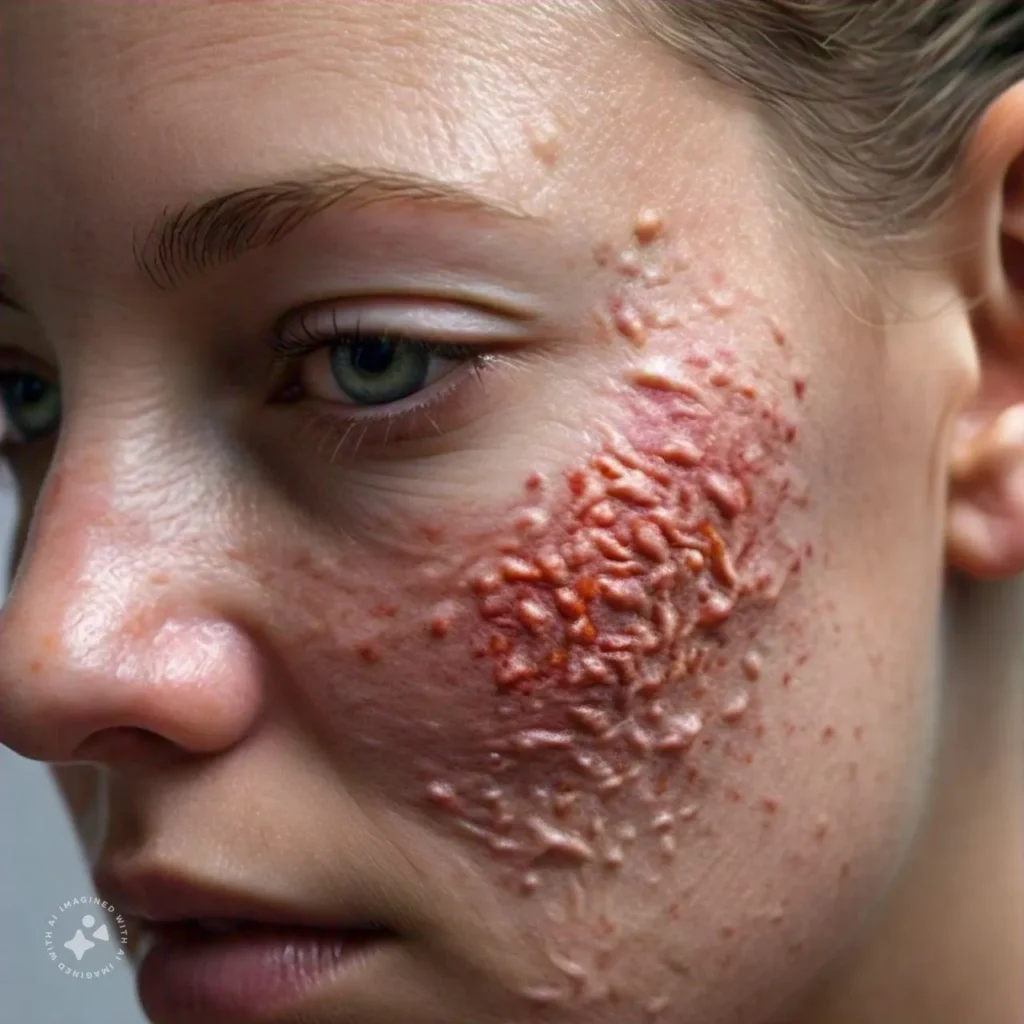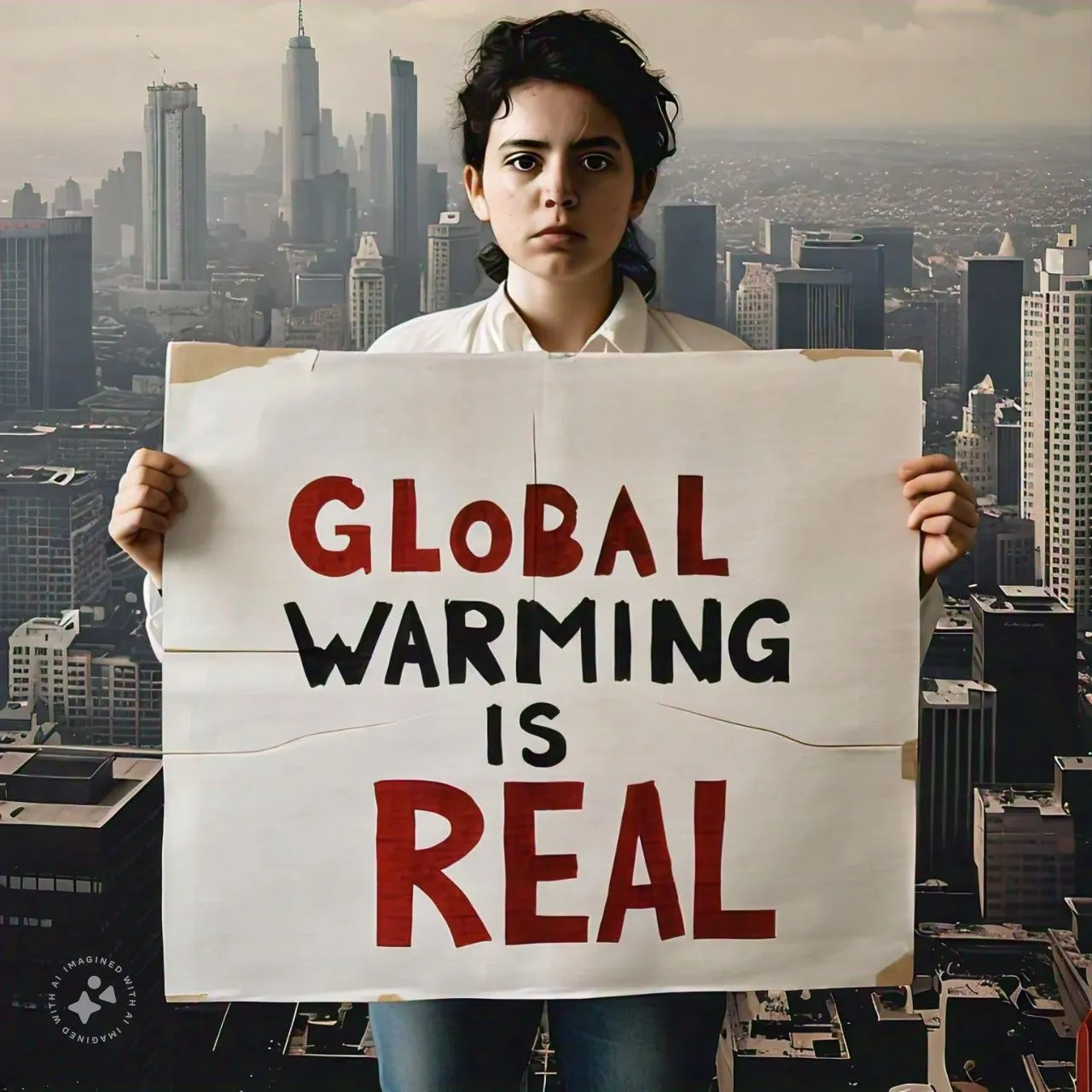As you know, climate change is a global issue affecting us all. But what is climate change? And why is the climate changing?
Our earth’s climate has been rapidly changing over the past 120 years. Climate change is actually normal; it takes thousands of years for our earth’s climate to change. Now, due to the increase in human activity, there are high levels of fossil fuel burning. A lot of industries are producing gases such as carbon dioxide, methane, and nitrous oxide as waste products, which is making the climate warmer.
It also doesn’t help that early in the 20th century we produced a lot of CFCs, which somehow thin out the ozone layer, hence there’s a higher penetration of UV radiation into the Earth’s atmosphere.
But don’t worry, the majority of the countries have banned CFC, so the ozone layer is actually repairing itself. means that currently, in the year 2024, we’re still experiencing higher levels of UV radiation than compared to 120 years ago.
Climate change has affected not only the weather pattern of planet Earth but also human health. There are a lot of skin effects seen in humans that are important to understand.

Effects of climate change on skin
Following are the five effects of climate change on skin.
1.Skin Cancer Risk
Over the past 100 years, scientists have been tracking that there is actually an increase in skin cancer incidents all over the world. This is because of a couple of things, first of all, as the Earth is getting warmer and people in colder countries have started to venture out often with inadequate protection. When one spends longer amounts of time outside in the sun, they are exposed to higher rates of UV radiation. The majority of these people who are living in cold countries have less melanin in their skin, which means they have less protection against UV rays.
And the second contributing factor is the fact that our ozone layer is kind of thinned out; it’s slightly thinner than what it used to be 100 years ago. This means there are higher amounts of UV rays hitting the Earth’s surface and hitting your skin, and a combination of these two factors has led to an increase in skin cancers like melanomas, squamous cell carcinomas, and basal cell carcinomas.
2. High incidence of acne
Someone living in the tropical belt or in the tropical zones usually has a higher chance of getting acne. This is because a warmer climate means that pilosebaceous unit is more active, causing higher sebum production, and on top of that, bacteria that live in the skin usually gets activated by warm weather.
However, nowadays, not only are we seeing a high incidence of acne around the tropical belt but also high intensity acne all over the world.
Of course, this is not all due to climate change; it is also due to the fact that a lot of people are going out and are exposed to a lot of skin irritants. but climate change definitely has a factor or role to play here.
3. Premature aging of skin
Earlier we discussed the amount of gases that have been produced by human activity and industrialization. The majority of these industrial byproducts are actually irritating to our skin, leading to chronic skin irritation.
When these byproducts combine with high UV rays, it disrupts collagen formation in the skin .All these byproducts of chemicals degrades the skin’s collagen at a quicker pace, and with time, premature aging sets in.

4. Rising temperatures and skin health
Rising temperatures lead to excessive sweating, causing dehydration. Skin loses its natural moisture, and becomes dry and flaky.
Also, climate change leads to higher rates of psoriasis and eczema. Warmer temperatures lead to more sweating, which triggers an incidence of eczema and psoriasis. Eczema can also be triggered by exposure to toxic gases or dust.
It means people living in a highly industrialized neighborhood are more likely to get an eczema flare than someone living by the farm side .
5. Climate change and skin infections:
Not only the world is getting warmer, it’s also becoming more humid. This is also because of the melting of glaciers and polar caps, so there is more water being released into the system.
The one thing that bacteria and fungus love is a warm, humid environment, so because of that, the warmer climate will lead to bacterial skin infections like impetigo ,boils and even acne, as well as an increase in fungal infections like athlete’s foot or jock itch. So a climate change will lead to a high incidence of skin infections.
How to Protect Skin from Climate Change
To protect the skin from effects of climate changes, one must take the following steps:
- Use sunscreen with a broad spectrum. (Are you using sunscreen or skipping it all together? Let me know in the comments.)
- Wear protective clothing.
- Prevent dehydration by drinking plenty of water.
- Use mild skincare products.
- Stay indoors during heatwaves.
- Don’t smoke and add to the pollution in the environment.
- Eat a healthy, balanced diet.
- Using a humidifier can help with dry skin.
So one of the leading factors contributing to premature aging, skin infections, eczema, psoriasis, and cancer is climate change. We need to be more aware of our actions and work towards conserving our environment.
Useful Links
- National Resources Defense Council – Global Warming 101 – Definition, Facts, Causes and Effects …
- PreventionWeb – Is climate change hurting your skin?
- Enrich Clinic – How Climate Change May Affect Our Skin Health
- Wikipedia – Effects of climate change on human health
- Winston-Salem Dermatology – How Climate Change Is Impacting the Health of Your Skin and What You Can Do About It
FAQs
In simple words, it refers to the overall increase in temperature of the planet over time.
No, but we can work on limiting our activities, which leads to emissions of greenhouse gases.
Global warming” is the rise in temperature of the planet due to greenhouse gases in the atmosphere. “Climate change” is the increasing changes in the climate over a period of time, which include precipitation, temperature, and wind patterns.
Burning fossil fuels and deforestation are major causes of global warming.
Rising temperature of planet leads to risk of skin cancers, skin infections, and aging.
Yes, when industrial byproducts combine with ultraviolet radiation, collagen disrupts quite quickly, and ultimately it accelerates the aging of skin.

I am a dentist, baker, and fitness and health enthusiast with a passion for living life to the fullest. I am foodie and explorer, always seeking new adventures and flavors. Currently working on my own skincare brand.


